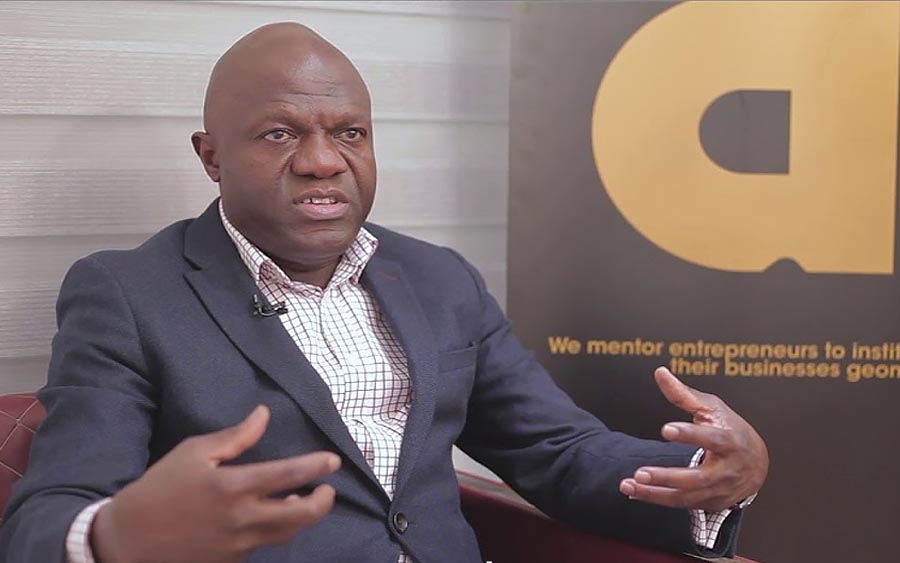Guinness Nigeria Plc, a leading Nigerian ber maker, is struggling with managing its $23 million debt. This is due to the lack of foreign exchange liquidity in the local FX market that has made it difficult for the company to refinance the loans.
Guinness’s Finance and Strategy Director, Stanley Njoroge, disclosed this during an investor call in Lagos.
READ: Nigeria’s worsening current account deficit piles pressure on exchange rate
“We want to refinance it but there is currently no foreign currency in the market.” Mr Njoroge said.
Guinness, Nigeria’s second-largest brewer by market share, saw its outstanding debt climb by 16% to N23.2 billion in June 2020, compared to a year ago. Meanwhile, finance costs also rose by 74% to N4.5 billion.
As Njoroge rightly admitted, “Foreign exchange is a big concern for us”. Nigerian companies are struggling to access the greenback after a slump in oil prices led to a decline in export earnings, thereby piling pressure on the CBN’s capacity to meet dollar obligations to investors and businesses.
READ: Analysis: A better way to price Guinness shares
On Friday, the brewery giant reported an annual pre-tax loss of N17.07 billion ($45 million), hurt by write-downs and COVID-19 induced disruptions. It also reported a loss per share of N5.74.
READ MORE: Facebook share price is worth over $300, reaching an all-time high
Its share price fell by almost 9% at the close of the week’s trading session, Friday, 28th of August. At the time of this report, the N31 billion market capitalized company was trading around N14.15 per share on the Nigerian Stock Exchange (NSE) recording a 9.29% drop from its previous closing price of 15.60 NGN. This is within touching distance to its 52-week low value of N12.85
In terms of its fundamentals, its current dividend yield is about 10.74% while its price to book ratio is 0.3559. This suggests the stock could be undervalued.
